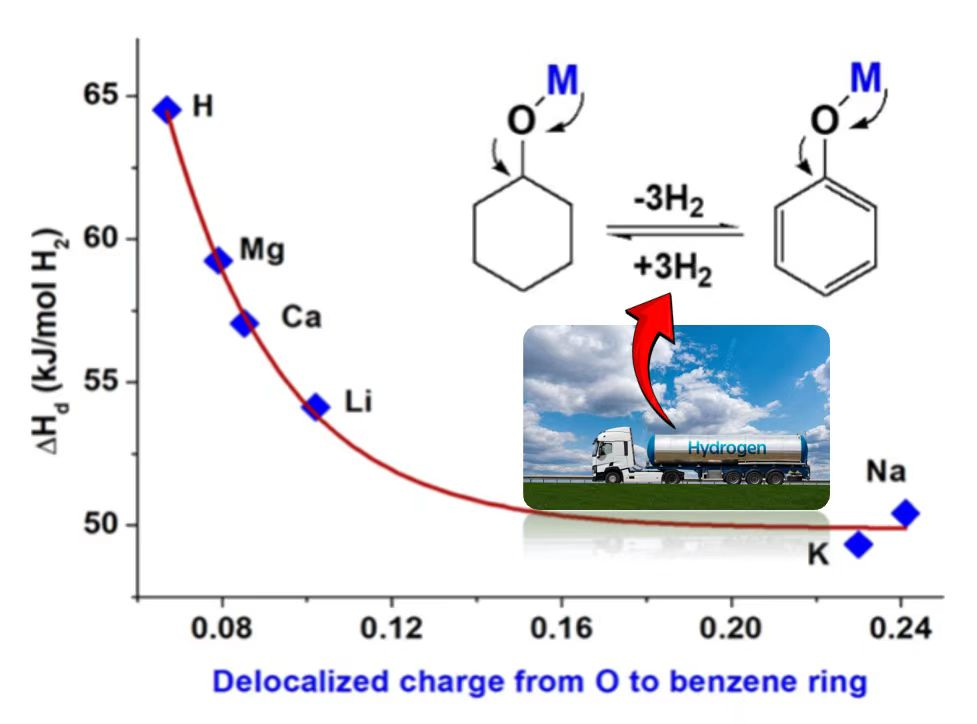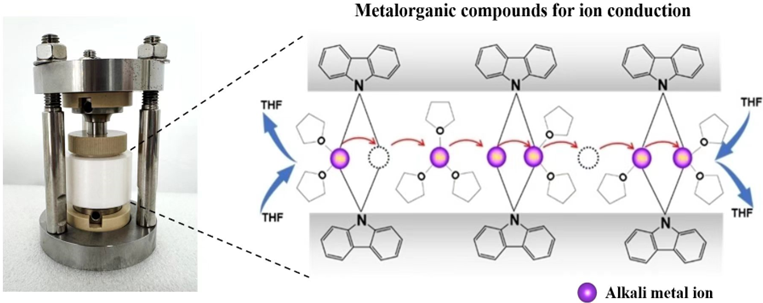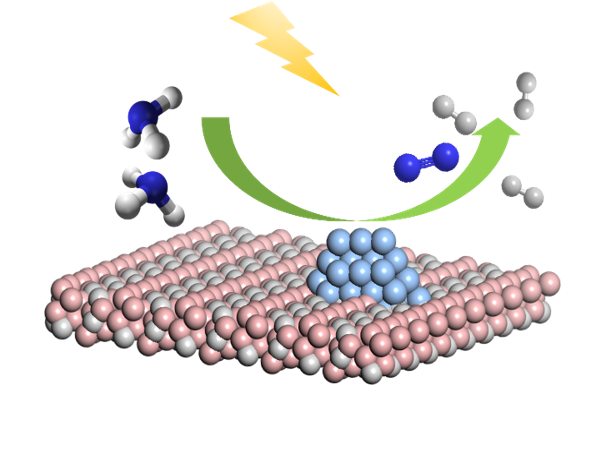
Research

1. Metalorganic Compounds for Hydrogen Storage
Objectives:
To develop new hydrogen storage materials with ideal thermodynamic properties and high hydrogen storage capacities.
Motivation:
Unfavorable thermodynamic and kinetic properties, poor reversibility, and low hydrogen storage capacities restrict the development of hydrogen storage. Therefore, it is challenging to meet the practical applications requirements of high hydrogen storage capacity, reversibility, and mild operating conditions.
Our work:
Fabricating new metalorganic compounds with high hydrogen storage capacity and ideal thermodynamic/kinetic properties and developing efficient catalyst for reversible hydrogen storage.

2. Metalorganic Compounds for Ion conduction
Objectives:
To develop new solid-state electrolytes with high ionic conductivity, wide electrochemical stability, and compatibility with electrodes.
Motivation:
Safety concerns include the formation of metal dendrite and the utilization of flammable organic electrolytes. Alkali metal-based solid-state electrolytes encounter drawbacks such as low ionic conductivity, manufacturing complexities, low electrochemical stability, poor contact with the electrodes.
Our work:
Developing the next-generation energy storage devices, particularly solid-state batteries.

3. Ammonia Decomposition for Hydrogen Production
Objectives:
To develop practical catalyst for decomposition of ammonia at relative low temperature with good conversion and stability.
Motivation:
Ammonia is a promising energy carrier with potential applications for hydrogen storage, transportation and power generation. It is challenging to break the N–H bond of NH3 molecules at relatively low temperature.
Our work:
Realizing the efficient production of hydrogen from decomposition of ammonia at relative low temperature for practical application.
Papers
• Angew Chem. Int. Ed., 2019, 58, 3102.
• Angew Chem. Int. Ed., 2023, 62, e202302679.
• Angew. Chem. Int. Ed. 2025, 64, e202506275
• Appl. Catal. B-Environ., 2023, 336, 122947.
• Appl. Catal. B-Environ., 2017, 211, 167-175.
• Energy & Environmental Science, 2012, 5, 5686-5689
• Advanced Functional Materials, 2024, 2412005
• Energy Storage Materials, 2020, 26, 198-202
• ACS Materials Letters, 2021, 3, 1417-1425
Reviews and perspectives
• Acc. Mater. Res. 2021, 2, 726.
• Nature Reviews Materials, 2016, 1, 16059-16075
• Advanced Materials, 2019, 31, 1902757
• Trends in Chemistry, 2022, 4, 935-947